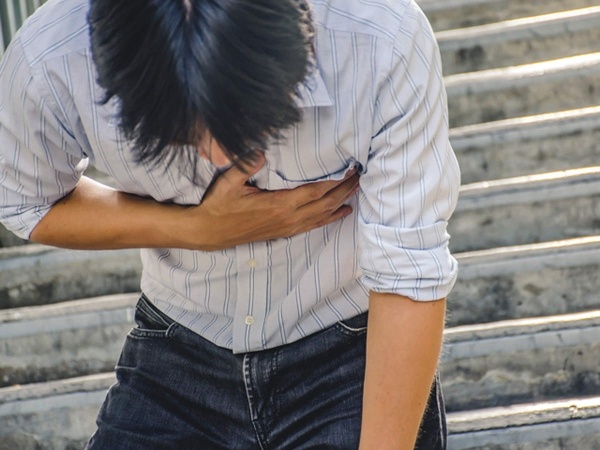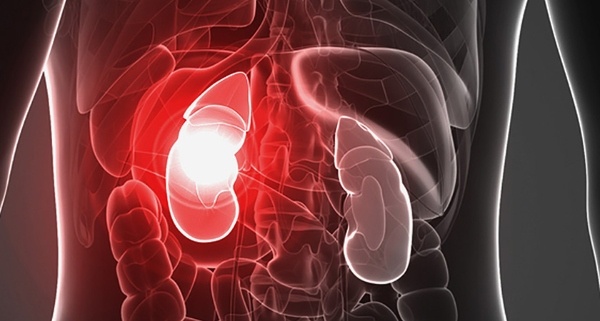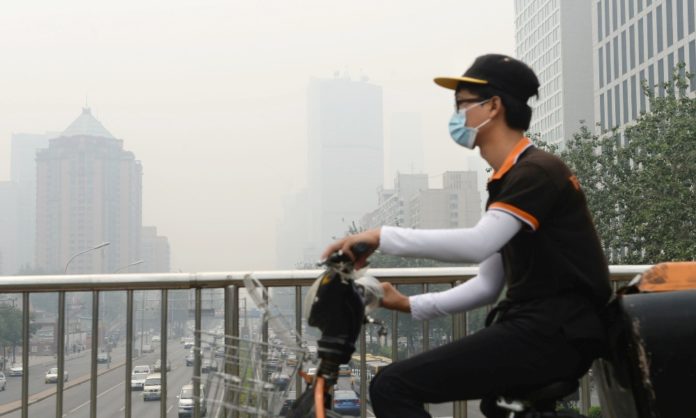Climate change has become an unavoidable reality that many are now paying attention to. While the mitigation efforts are underway globally, we might be too late in many areas. Did you know that climate change is also changing our bodies? We mean to say, it has been reported that climate change could be impacting our health for the worse in multiple ways. Read about them here:
Read more: Do You Cry At Work? Here’s A Surprising Truth !
Less Sleep
A study by Kelton Minor at the University of Copenhagen’s Centre for Social Data Science this year revealed sleep and climate change stats. They reported that the amount of sleep that people worldwide get is fastly declining due to rising temperatures.

They reported, “Sleep is a time our bodies recover and mend.” It’s essential for both our mental health and our overall functionality and performance. Thus, in the long run, this lack of sleep is negatively impacting our health.
Poor Lung Health
Increased ground-level ozone and particulate matter are linked to reduced lung function. This is also, particularly if a person is exposed to air pollution in childhood. Given the conditions of our countries and air health, this is not rare. Asthma, rhinosinusitis, chronic obstructive pulmonary disease, and respiratory tract infections are the ways air pollution affects us.

High Temperatures Hurt Hearts
Record-breaking high temperatures have become common. We are hearing greater reports of fatal heatwaves and wildfires globally. It is estimated that 5 million people, per year, are discovered to die from hot temperatures.

The demand on the heart increases as the temperature increases. The heart has to pump quickly and harder to redistribute blood and enhance blood flow to the skin to cool the body. Therefore, heart failure and heat stroke are common for people with weaker hearts in high temperatures.
Kidneys Lose Water
Our kidneys are dependent on water to help remove waste from our blood. Dehydration can impact them negatively.

In these temperatures, dehydration causes excessive water loss. This increases the number of minerals and waste materials in the urine. Kidney stones can then develop which result in various painful symptoms like nausea, lower back pain, and difficulty passing urine.
Read more: Here’s Why Rainwater Is Harmful To Drink
Stay tuned to Brandsynario for the latest news and updates.










































